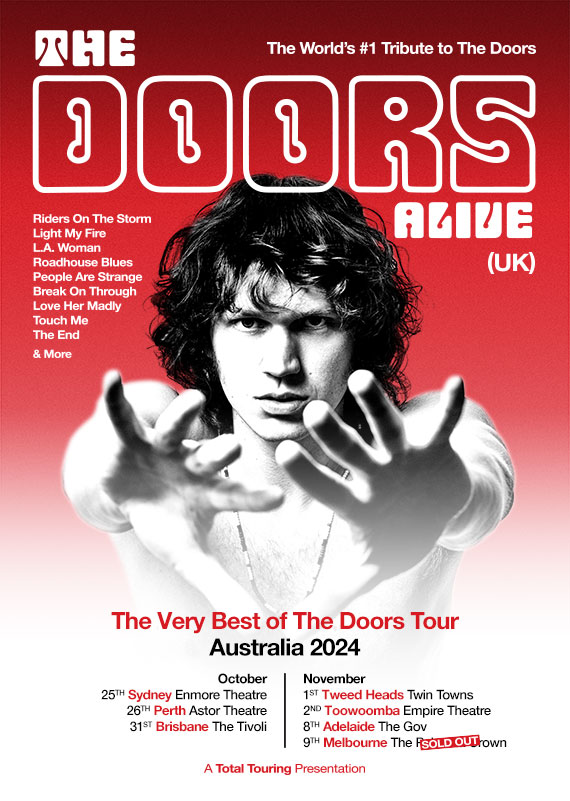
The Doors Alive (UK)
Event Info
Direct from the UK, THE DOORS ALIVE re-create the essence and magic of THE DOORS.
THE DOORS ALIVE is a tribute act and so much more. They are renowned for their spot-on sound, look and presence making it a real live in concert experience of THE DOORS. Setlist includes the Best of The Doors including – Light My Fire, Break on Through, Riders on The Storm, People Are Strange, L.A. Woman, The End, Roadhouse Blues, Love Her Madly plus loads more
Get ready to be transported back in time as they perform all your favourite hits from THE DOORS iconic songbook
The Doors Bio
Direct from the UK, THE DOORS ALIVE are “The best Doors tribute band that I’ve seen… Sometimes they sound more like The Doors than The Doors” (Doug Cameron – The Doors Assistant Road Manager)
Performing all The Doors Classics – Light My Fire, Break on Through, Riders On The Storm, People Are Strange, L.A.Woman, The End, Roadhouse Blues, Love Her Madly plus More
The Doors were one of the most iconic, controversial and era defining bands of the 1960’s. Largely fuelled by the lyrics and stage antics of legendary frontman, Jim Morrison – The Doors were seen to be emblematic of the Los Angeles counterculture movement. The Doors released six albums in five years and although their window of activity was brief, their influence can still be seen and heard today. The Doors sold over 100 million albums worldwide, making them one of the best selling groups of all time. Rolling Stone magazine ranked the Doors a 41 on their “100 Greatest Artists of All Time” list and in 1993 they were inducted into the Rock and Roll Hall of Fame.
The Doors’ origins date back to a chance meeting on Venice Beach between Jim Morrison and Ray Manzarek in July of 1965. Both attended UCLA School of Theatre, Film and Television together. Manzarek was playing keyboards in a band called Rick & The Ravens and knew Jim was a poet. Jim had jammed with Rick & The Ravens on a cover of “Louie Louie” during their time at UCLA. Jim told Manzarek that he had been writing the lyrics to some songs. Ray asked to hear one of them. After Jim sang the lyrics to the future Doors’ classic, “Moonlight Drive”, Manzarek wanted to put together a band with Morrison on vocals, describing Jim’s voice as initially being reminiscent of the jazz musician, Chet Baker.
Jim joined Rick & The Ravens. In August 1965, drummer John Densmore joined the group. Densmore previously played with a band called the Psychedelic Rangers. At this time Rick & The Ravens consisted of Ray Mazarek and his brothers Jim and Rick (of whom Rick & The Ravens were named after), Jim Morrison, John Densmore and bassist Patricia Sullivan. This line up recorded a demo in September 1965 which consisted of six songs that would later be re-recorded or adapted by The Doors. Those songs were “Moonlight Drive”, “Hello, I Love You”, “My Eyes Have Seen You”, “End of the Night”, “Summer’s Almost Gone” and “Go Insane”, known then simply as “Insane”. The demo was shopped around to record labels but received no interest. Manzarek’s brothers both quit the band believing it was “going nowhere fast”.
Jim Morrison, John Densmore, Ray Mazarek agreed to continue. Morrison suggested the band change their name and suggested renaming the band, the Doors. He took the name from the Aldous Huxley book, The Doors of Perception. Huxley had taken the name from William Blake, the original quote being “If the doors of perception were cleansed, everything would appear to man as it is: infinite”. The band then brought in guitarist Robby Krieger, who had previously played with Densmore in the Psychedelic Rangers. Allegedly Krieger had only been playing the electric guitar for six months when he joined the band.
The Doors took a residency at the LA club, London Fog. According to Ray Manzarek it was during this residency that the band became “this unit of oneness…that is where the magic began to happen.” – It was during this time that the band would write and develop some of their signature songs such as “The End” and “Light My Fire”.
The Doors developed a solid reputation as a live act during their London Fog days and would eventually move to the Whisky A Go Go, where they became the house band in May 1966. The Doors caught the attention of Arthur Lee from the band, Love. Love was signed to Elektra Records, and Lee brought Elektra records president Jack Holzman to see the band live. Holman and producer Paul A. Rothchild watched The Doors perform two sets at the Whisky before offering them a record deal with Elektra Records. The Doors were soon after fired from their residency at the Whisky A Go Go when on August 21, 1966, Morrison went into a profanity laden Oedipal tirade during the band’s signature song “The End”. A sign of things to come.
The Doors recorded their debut album in August and September of 1966 at Sunset Sound Recording Studios. Their self titled album would be released in January 1967. Although the band had no bass player, bass was recorded on the record by Krieger and session musician Larry Knechtel. The Doors’ debut album contained many of the band’s signature hit songs. “Break on Through (To The Other Side)”, “The Crystal Ship”, “Light My Fire” and “The End”. “The End” was recorded live in the studio, similar to how the band would perform it at the Whisky. Allegedly the band only performed two takes, with the second being the one used on the album.
The first single from the album was “Break On Through (To The Other Side)”. The band made several television appearances to perform the song and promote the single, but the track floundered in the charts. Although initially proving to be relatively unpopular, the track and its unique Brazilian Bossa nova rhythm has since proved to become a signature song of the 1960’s. Robby Krieger has said the main guitar riff was inspired by Paul Butterfield’s rendition of Elmore James’ “Shake Your Moneymaker”.
Without an initial hit, the band turned to “Light My Fire”, a song composed by Krieger. The album version was over seven minutes long, so the track was edited to under three minutes for a single release. “Light My Fire” was immensely popular on AM radio and became the first single for Elektra Records to reach number one, selling over a million units. From the success of “Light My Fire”, The Doors’ debut record began to climb the charts, peaking at number 2 in September of 1967. Second to The Beatles’ Sgt. Pepper’s Lonely Hearts Club Band.
It was during the promotional campaign for “Light My Fire” the band made one of the most infamous television appearances in history. On September 17, 1967 the Doors were asked to perform “Light My Fire” on the Ed Sullivan Show. After the rehearsals and with 15 minutes before air time, Sullivan went to meet the band in their dressing room. Sullivan allegedly remarked that the band “ought to smile a little more”. A network executive then informed the band they needed to change the lyric “Girl, we couldn’t get much higher” to “Girl, we couldn’t get much better” as they felt the word “higher” referred to illegal drug use. Different band members give different accounts of whether it was ever agreed that the lyric would be changed. Manzarek has claimed Morrison was simply nervous and forgot to change the lyric, but regardless whether the rationale was merely nerves or the more romantic radical defiance, Morrison sang the lyric as it was originally written without the change. After the performance, the producers stormed backstage to tell the band that while they had booked them for six future appearances on the show, they were now banned from the Ed Sullivan show for life. As legend goes, Morrison coyly replied “Hey man, we just DID the Sullivan show.”
Now notorious rock stars, The Doors would record their second album, Strange Days which was released in September 1967. The album peaked at number three on the charts and contained hit singles “People Are Strange” and “Love Me Two Times”. The album also saw the release of the song that proved the initial spark for the band, “Moonlight Drive”, along with the 11 minute epic, “When The Music’s Over”. Although Ray Manzarek was able to replicate the bass lines on his keyboard in live situations, the band (and producers) felt the keyboard bass sound lacked “articulation” for studio recording so Douglass Lubahn was brought in to play bass. Music critic Robert Cristgau reviewed Strange Days remarking that The Doors had come “from nowhere to reign as America’s heaviest group”. Upon the 40th anniversary of the album, Sal Cinquemani of Slant Magazine called it “a document of a sometimes beautiful, sometimes scary, and often twisted era of fear and idealism.” Strange Days’ most iconic song is perhaps the lead single “People Are Strange”, which peaked at number 12 in the charts.
In the wake of Strange Days The Doors’ true infamy began to grow. On December 9 1967 at a concert at the New Haven Arena in Connecticut, Jim Morrison was arrested by local police onstage, which resulted in a near riot. The alleged story is that a local police officer stumbled upon Morrison with a female fan backstage in a bathroom shower. Not knowing who Jim Morrison was, the officer asked Morrison and the female fan to leave, Morrison replied by telling the police officer to “Eat it!”, the policeman threatened to mace Morrison unless he left and warned Morrison, “Last chance”, to which Morrison defiantly told the officer “Last chance to eat it!” – some reports say the female fan ran away, Manzarek claims that both Morrison and the female fan were sprayed with mace. The Doors’ performance was delayed for over an hour while Morrison recovered, with the crowd growing increasingly restless. Additional police were then stationed at the venue to monitor the crowd. According to Krieger, the reason for the increased police presence was not to keep order with the crowd but because they did not consider the issue resolved and wished to charge Morrison. Halfway through the concert, Morrison improvised an obscenity ridden song about his experience with the police backstage referring to them as “little men in blue”. The police then raided the stage and dragged Morrison off, the already unruly audience frustrated at the delays in the scheduled performance and abrupt conclusion protested the arrest. Morrison was booked on charges of inciting a riot, indecency and public obscenity. The charges were later dropped due to lack of evidence, but the infamy of the concert served as a buffet of controversy for the 1960’s rock press and the mythos of Jim Morrison began to germinate.
The Doors’ third album, 1968’s “Waiting For The Sun” proved to be a tumultuous recording experience for the band. Jim Morrison’s behaviour was becoming increasingly erratic, fuelled by drugs and alcohol abuse. Tensions also increased between the band and long time producer, Paul A. Rothchild whose growing perfectionism meant every song required at least 20 takes with “The Unknown Soldier”, being recorded in two segments and reportedly needing around 130 takes. Rothchild’s persistence however resulted in the band’s sole number one charting record. Containing their second number one single, “Hello, I Love You”. “Hello, I Love You”, dated back to the original Rick & The Ravens demo. The album also contained singles like the aforementioned “The Unknown Soldier” along with the Doors’ classic “Five to One”. “Five to One” inspired Ace Frehley’s guitar solo on the KISS song, “She” and Jay-Z sampled “Five to One” as the beat for his track “Takeover”.
“Waiting For The Sun” was also a success in Europe, peaking at number 16 in the UK. Then the band’s highest charting record outside the US. This led to the Doors’ first performances outside the United States. They performed at the Roundhouse in London, these shows were broadcast on Granada TV’s special, The Doors Are Open and was later released on home video. This tour also included a show in Amsterdam, where Jim Morrison collapsed onstage following an unspecified drug binge.
The band closed out 1968 with the release of “Touch Me” in December, a single which reached number 3 on the Billboard Hot 100.
A few months later on the 1 March 1969, the most infamous performance of the Doors’ brief career would occur. The performance was at the Dinner Key Auditorium in Miami, a facility designed to hold 7000 people, the promoter had removed all the seats to boost capacity to 12 000 people. Morrison arrived late and heavily intoxicated. In a drunken stupor, Morrison antagonised an already rowdy crowd with lines such as “Ain’t nobody gonna love my ass?”. He made other more obscene gestures and comments. As the band launched into “Touch Me”, Morrison began incoherent shouting and removed the hat of an onstage police officer and threw it into the audience. An alleged report was that someone from the audience then poured a drink on Jim, so Morrison took off his shirt and then told the crowd “let’s see a little skin, let’s get naked” and after removing his shirt, Morrison held it in front of his groin area and motioned like he was taking off his pants. On March 5th, a warrant was issued for Morrison’s arrest claiming he had exposed his genitals on stage, shouted obscenities into the crowd, simulated oral sex and was drunk at the time of performance. Densmore, Manzarek and Krieger have all denied that Morrison exposed himself, with Manzarek remarking in one interview “had he done so, he would have tripped.”
Morrison refused a plea bargain that required the Doors’ perform a free concert in Miami. He was convicted and sentenced to six months in jail with hard labor, and ordered to pay a $500 fine. Morrison would pass away before the matter was legally resolved.
The Doors’ fourth album, The Soft Parade followed in July 1969. Taking nine months to record and adorned with brass and string arrangements, it contained the preceding hit single “Touch Me” along with songs like “Tell All The People” and “Wishful Sinful”. The song “Runnin’ Blue” was a minor hit. Although a commercial success, the album was critically panned for its “syrupy” arrangements and widely seen as the band “selling out” by their counter culture fans. Morrison’s larger than life, rock god personality was beginning to overshadow the band and in perhaps a vicious feedback mechanism, the more attention he received in the press, the more erratic and distanced his behaviour became.
Following from the critical backlash of the Soft Parade, the band sought to return to their roots with their fifth record, Morrison Hotel. The album contained several fan favourites particularly “Roadhouse Blues” and “Peace Frog”. Following the critical panning of The Soft Parade, Morrison Hotel was considered a return to form, while the album had no major hit singles, it was immediately certified gold, the band’s fifth consecutive gold record, which at the time was a record for an American band. Morrison Hotel would also be the band’s highest charting studio album in the UK.
A few months after the release of Morrison Hotel, the band released “Absolutely Live”, which peaked at number 8 in the charts. The album included the first full performance recording of “Celebration of the Lizard”, which is where Jim Morrison earned his nick name of “The Lizard King”.
After touring for the rest of 1970, the band performed their final ever performance at The Warehouse in New Orleans on the 12 December. Morrison had a breakdown midway through the set. Refusing to finish the show and destroying the stage floor. The band agreed that their days as a live act were over, as Morrison was simply unfit to perform let alone tour.
Despite their decision to retire from live performance, the band almost immediately embarked on recording what would be their final album as a functioning four-piece band. L.A. Woman brought a heavier blues influence to the band and the group brought in Elvis Presley’s bassist, Jerry Scheff and rhythm guitarist Marc Benno to provide additional backing. L.A. Woman was released in April 1871, it reached number nine on the Billboard 200, remaining on the charts for 36 weeks. The album contained some of the band’s biggest hits “Love Her Madly”, the title track and “Riders on the Storm” – the final song on the record, an apocalyptic psychedelic tune inspired by the country song “Riders in the Sky : A Cowboy Legend”
After recording L.A. Woman, Morrison declared his intention to go live in Paris with his girlfriend, Pamela Courson. Three months later he was found dead on July 3 1971 at the age of 27. The official cause of death was listed as heart failure, although no autopsy was performed and nobody who knew Jim witnessed the body except Courson, which has caused widespread rumour and hearsay that Morrison had faked his own death to escape his fame.
Since Morrison’s death, the legacy, mythos and popularity of the Doors has only continued to grow, sparked by biographies, biopics, compilations, remasters – the band continue to be as popular as ever. But it’s one thing to hear the songs on a record, it’s another to experience them live. The Doors Alive are the UK’s premiere Doors tribute band and have earned acclaim from members of the Doors’ crew and most devoted fans. Promoter Jon Wing of the Academy Music Group has praised the group saying “The Doors Alive is the closest thing you will get to being in the same room as the real thing. Close your eyes and you will be transported back to the sounds that made the Doors one of the most iconic and revered bands.”
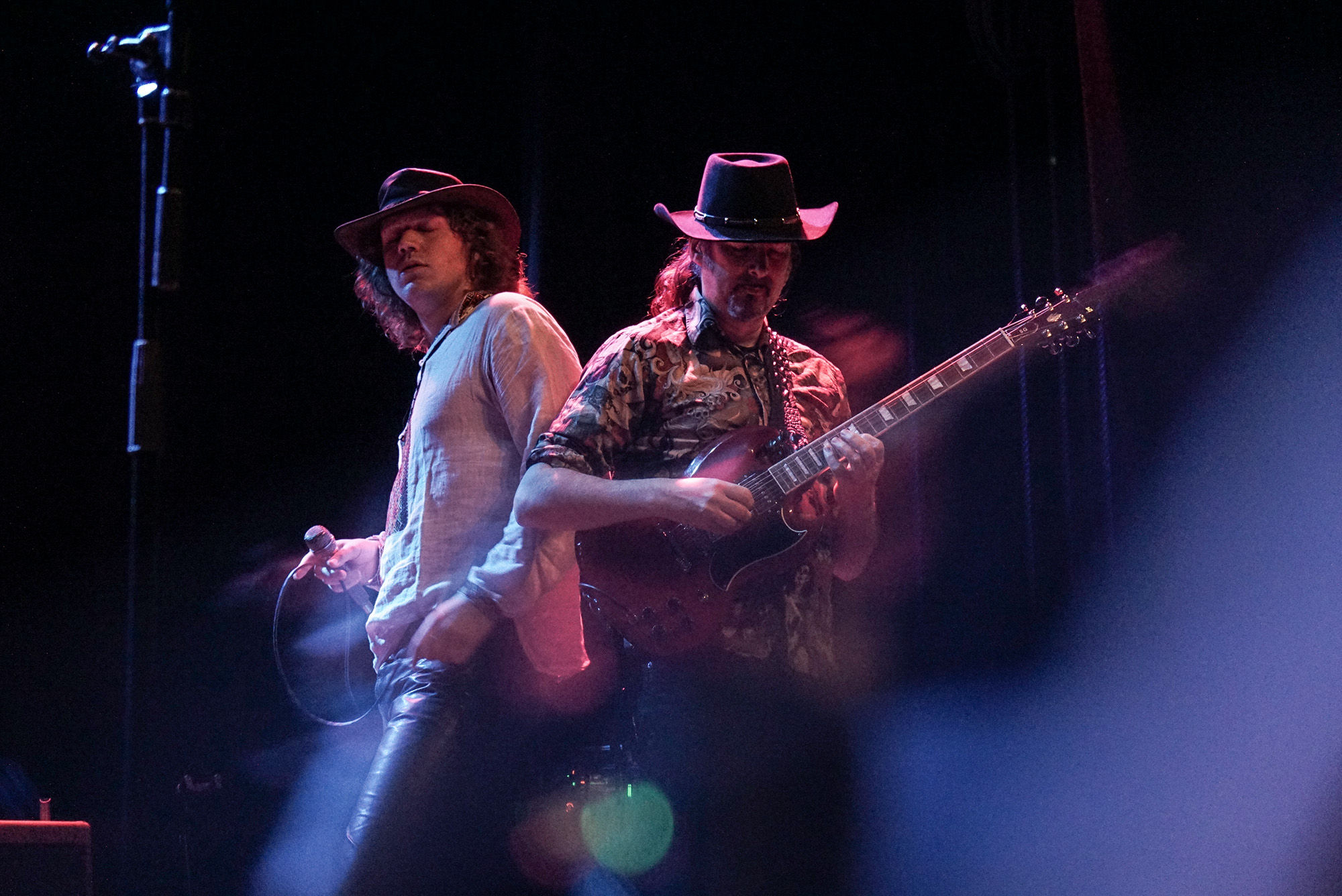
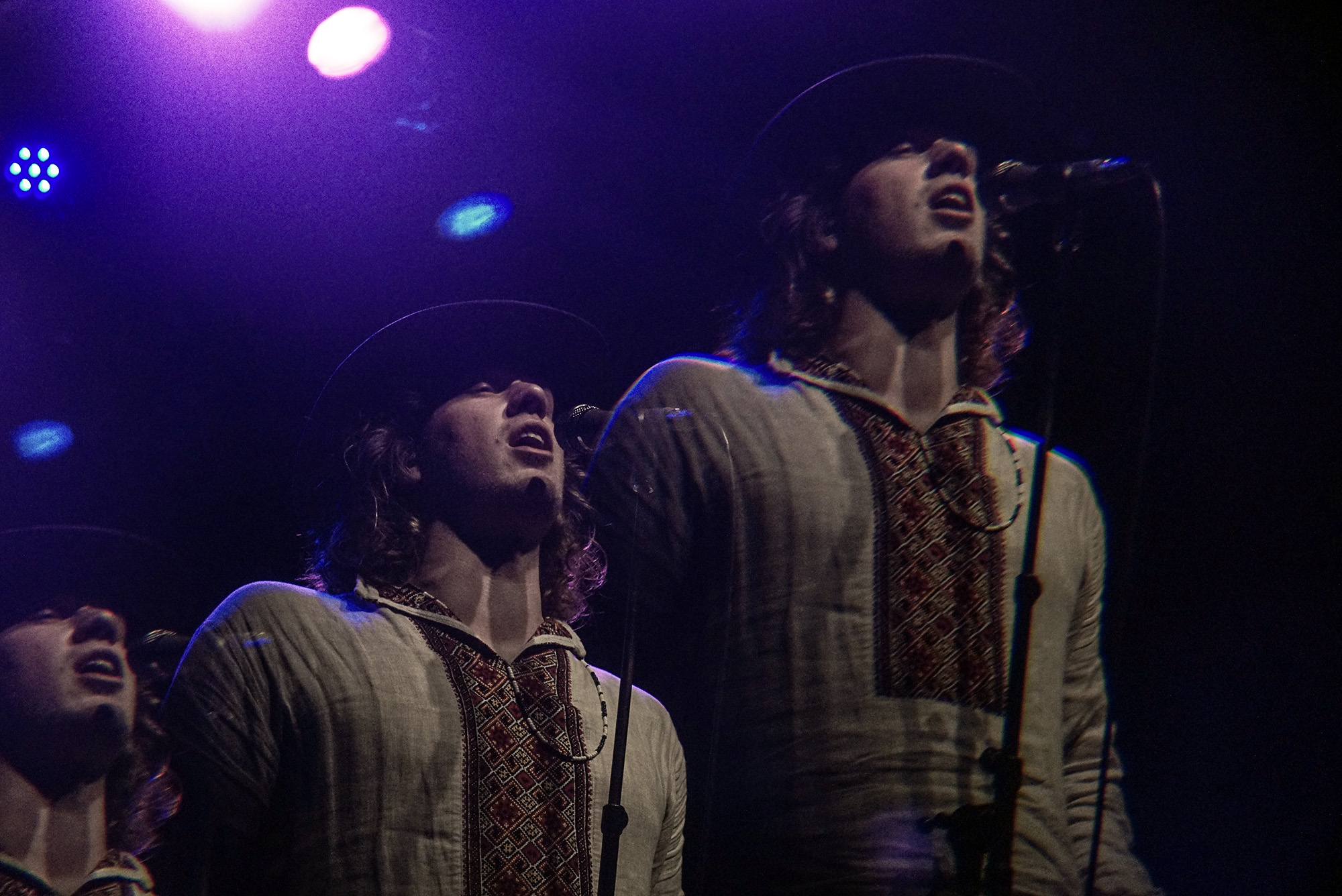
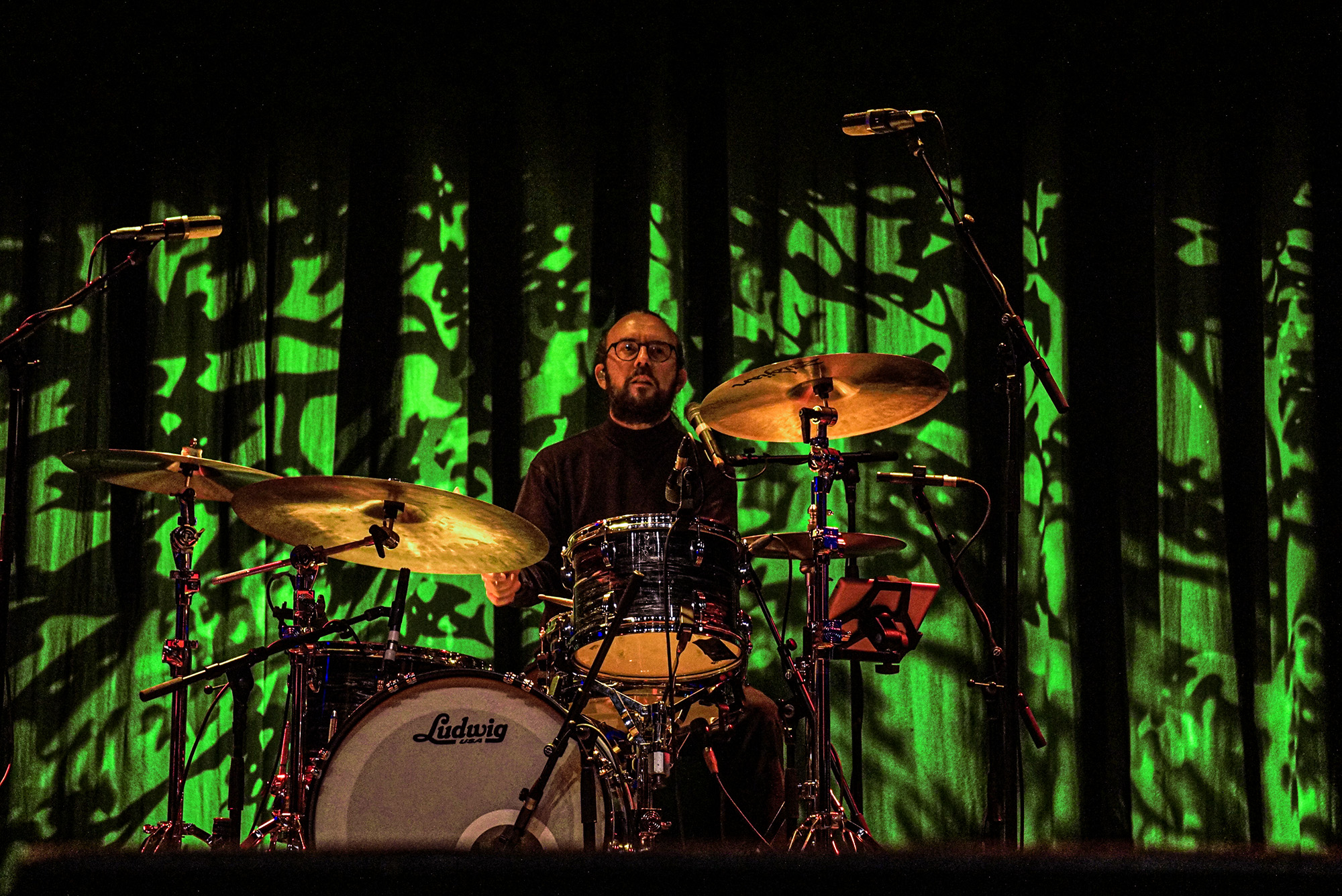
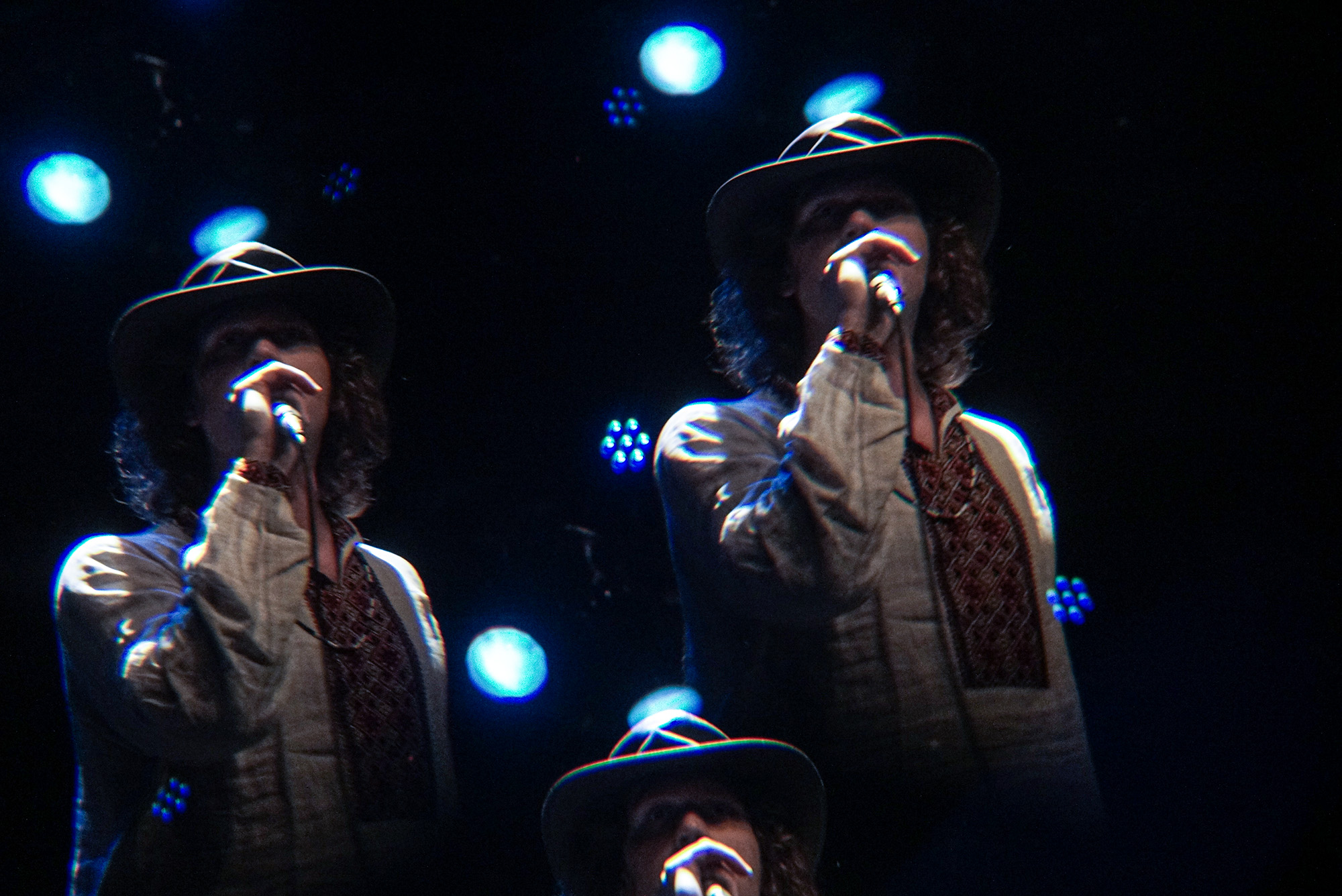
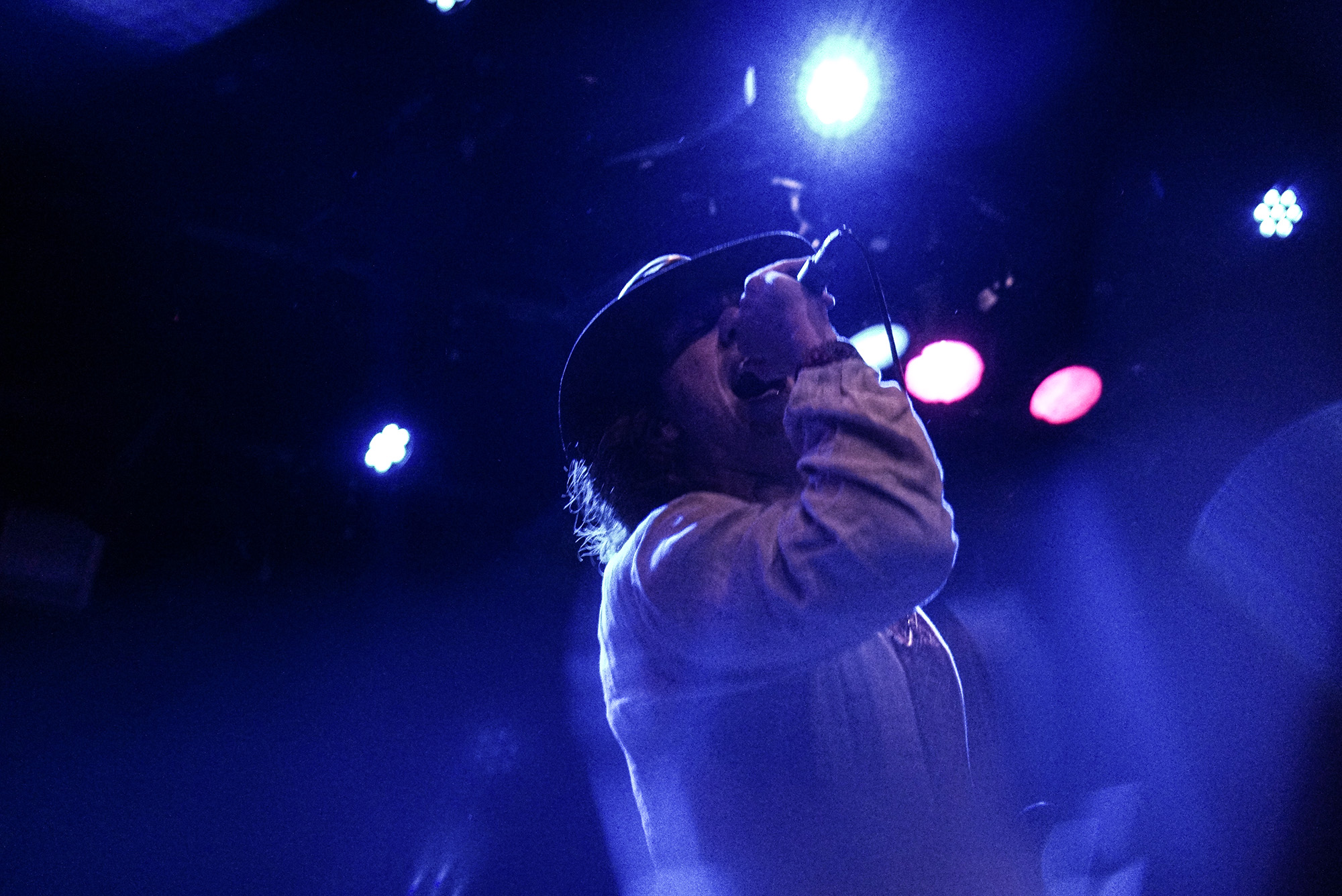
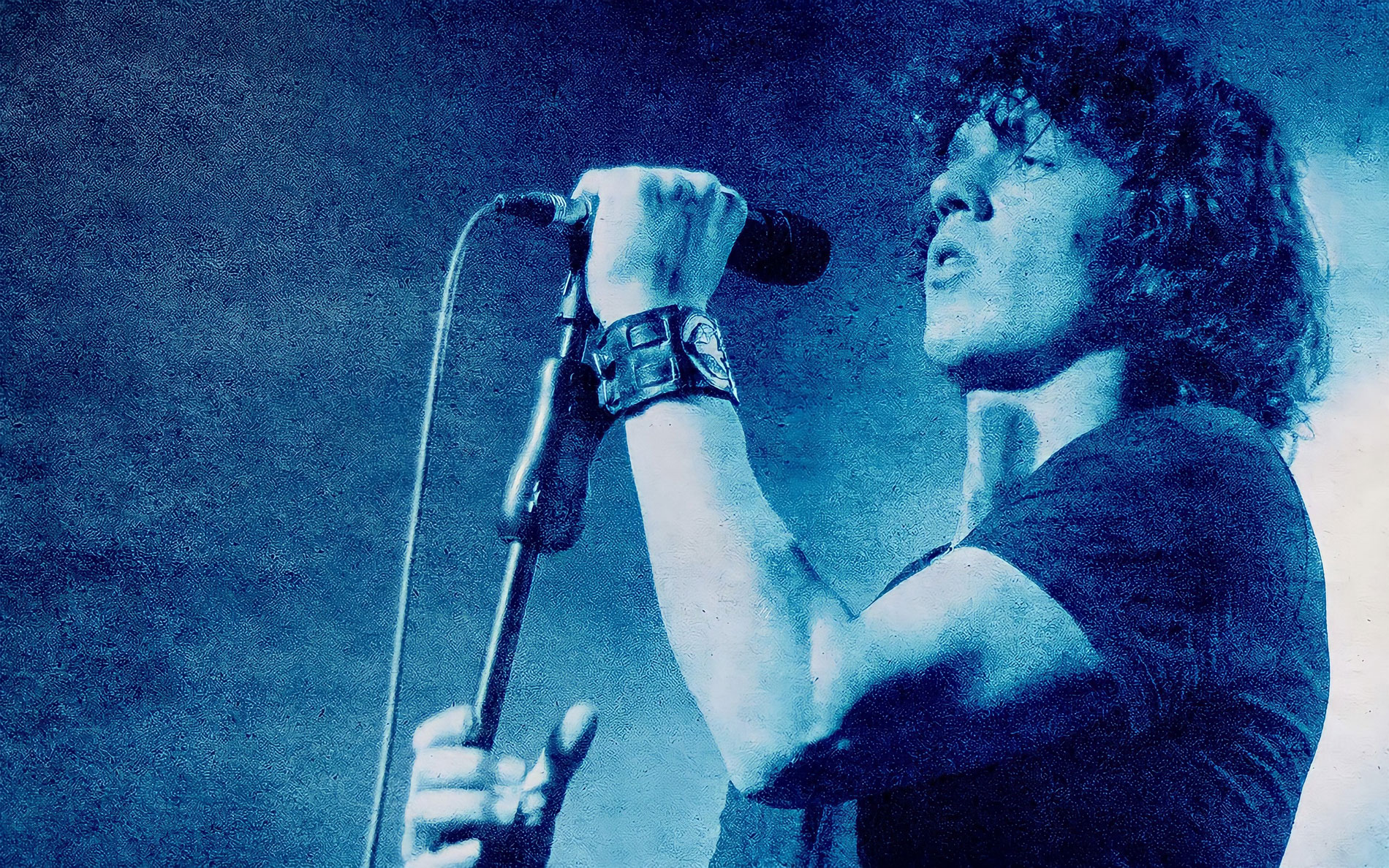
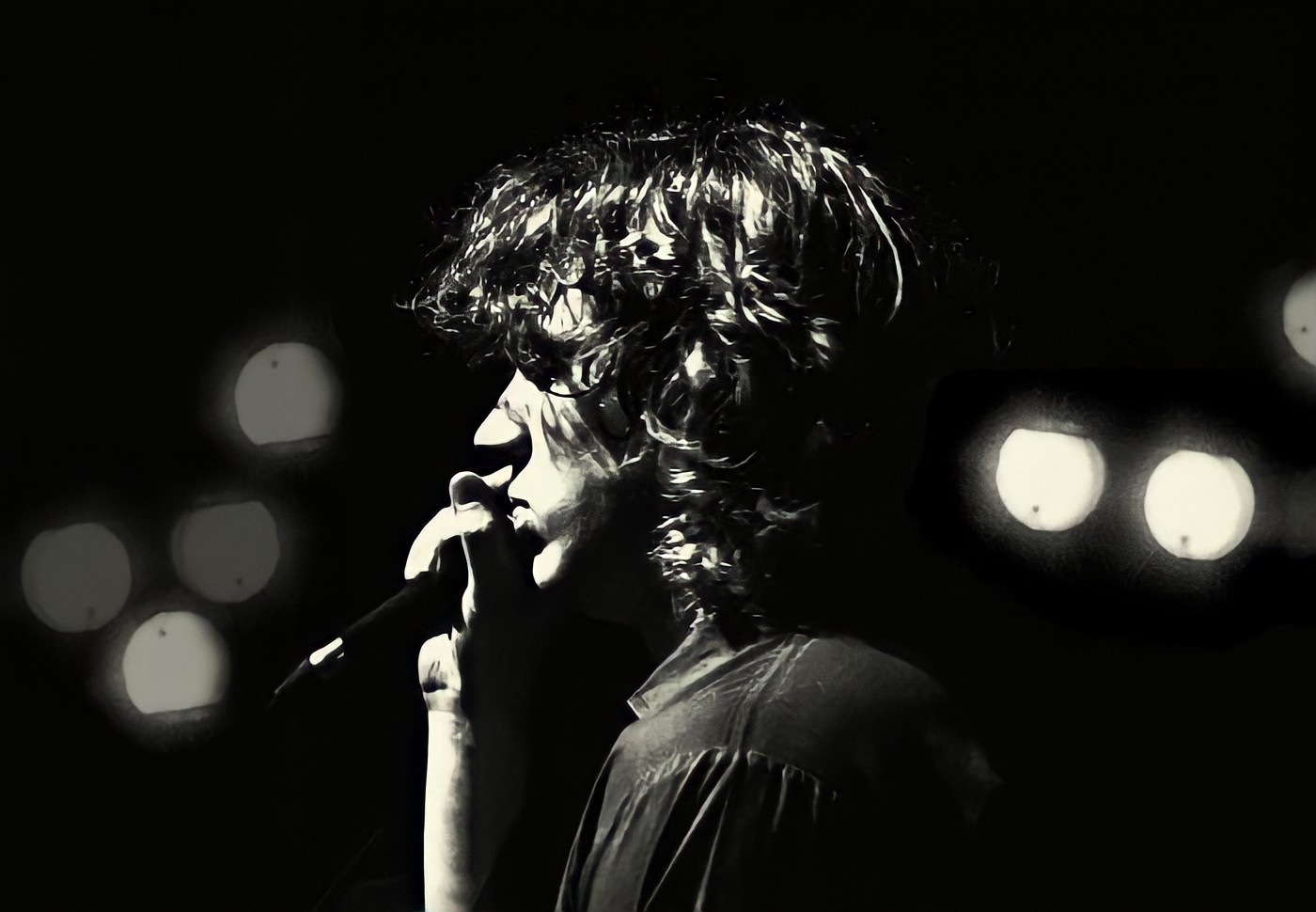
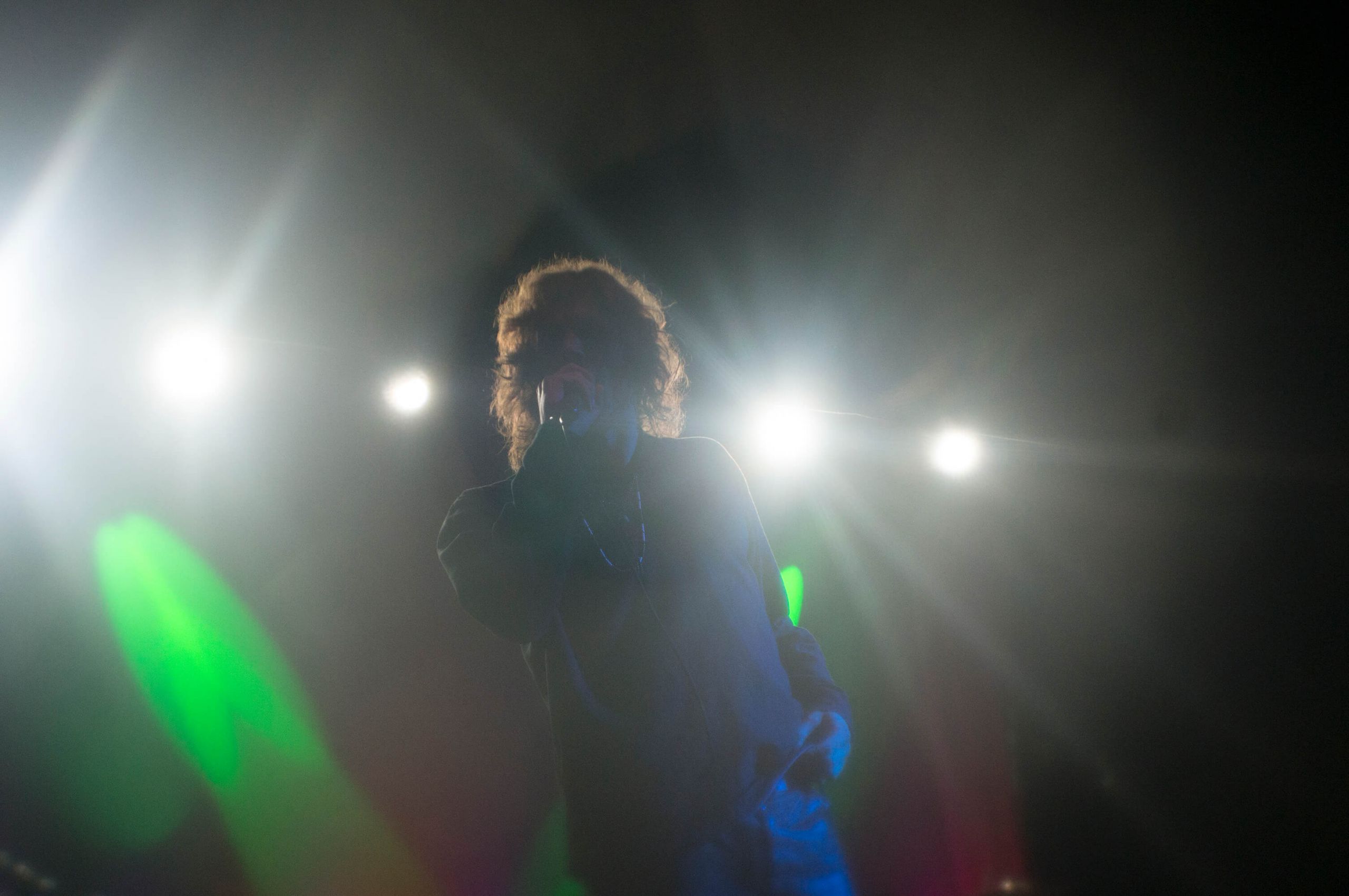
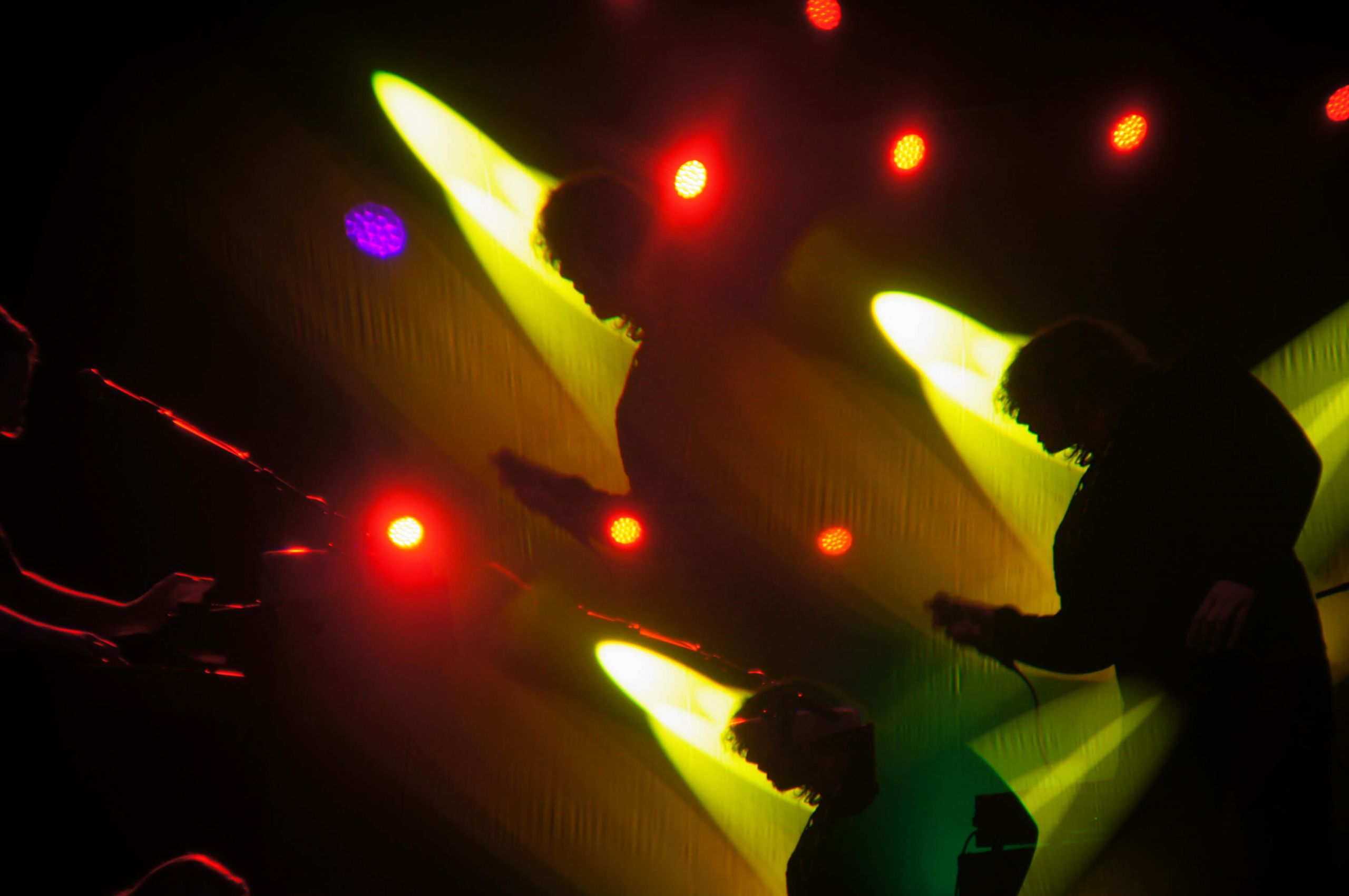
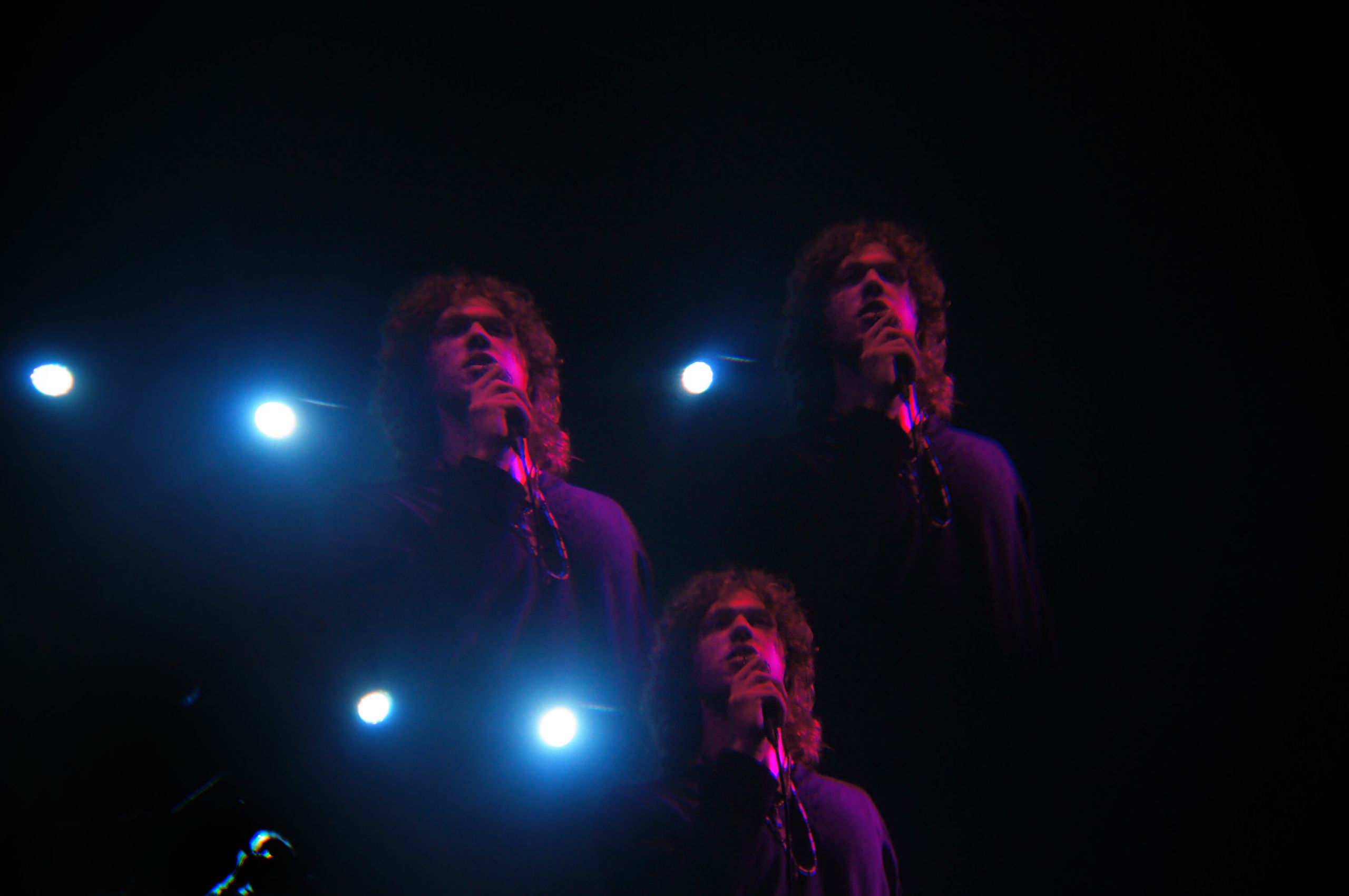
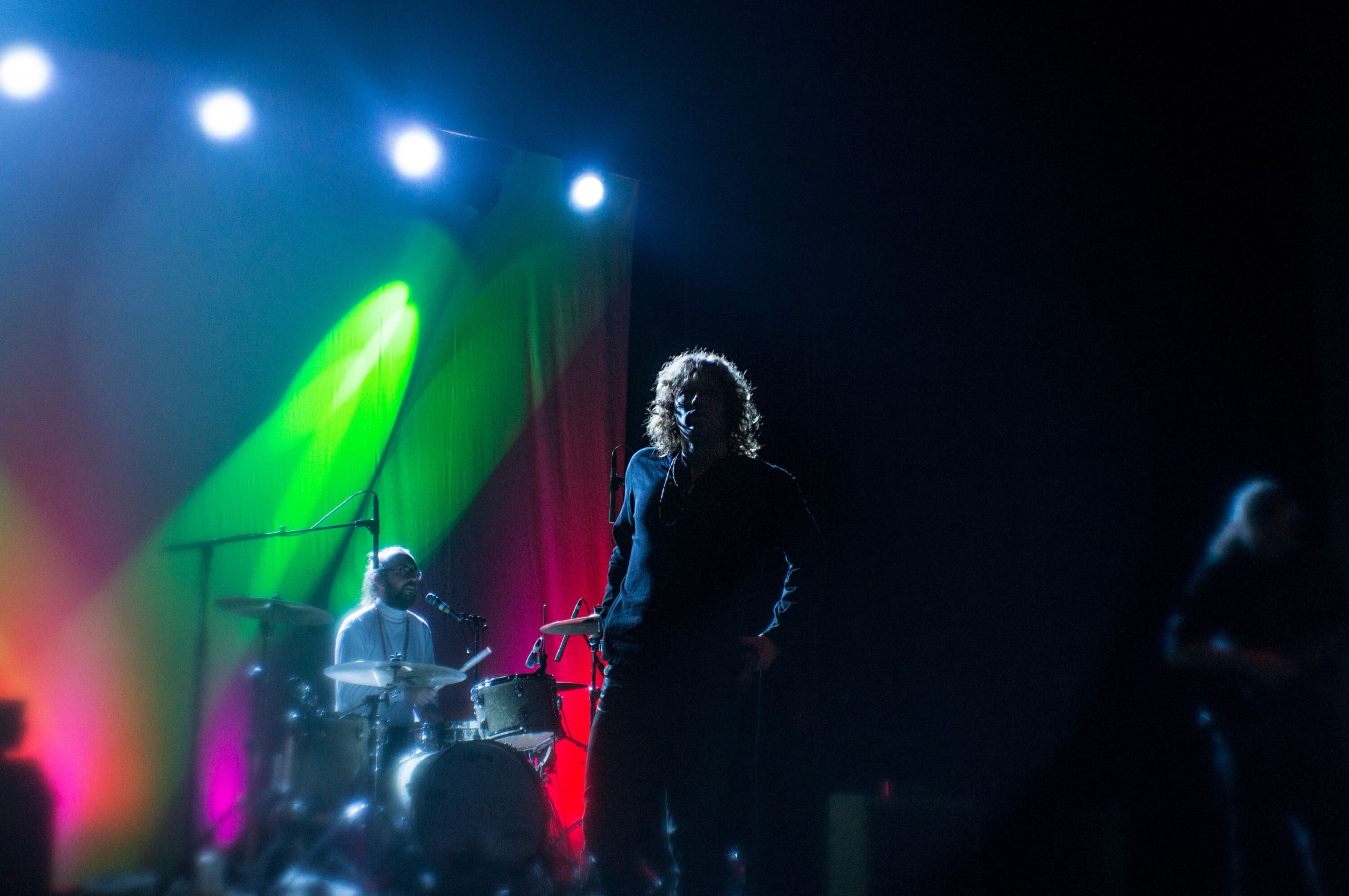
Reviews
“The best Doors tribute band that I’ve seen….Sometimes they sound more like The Doors than The Doors”

